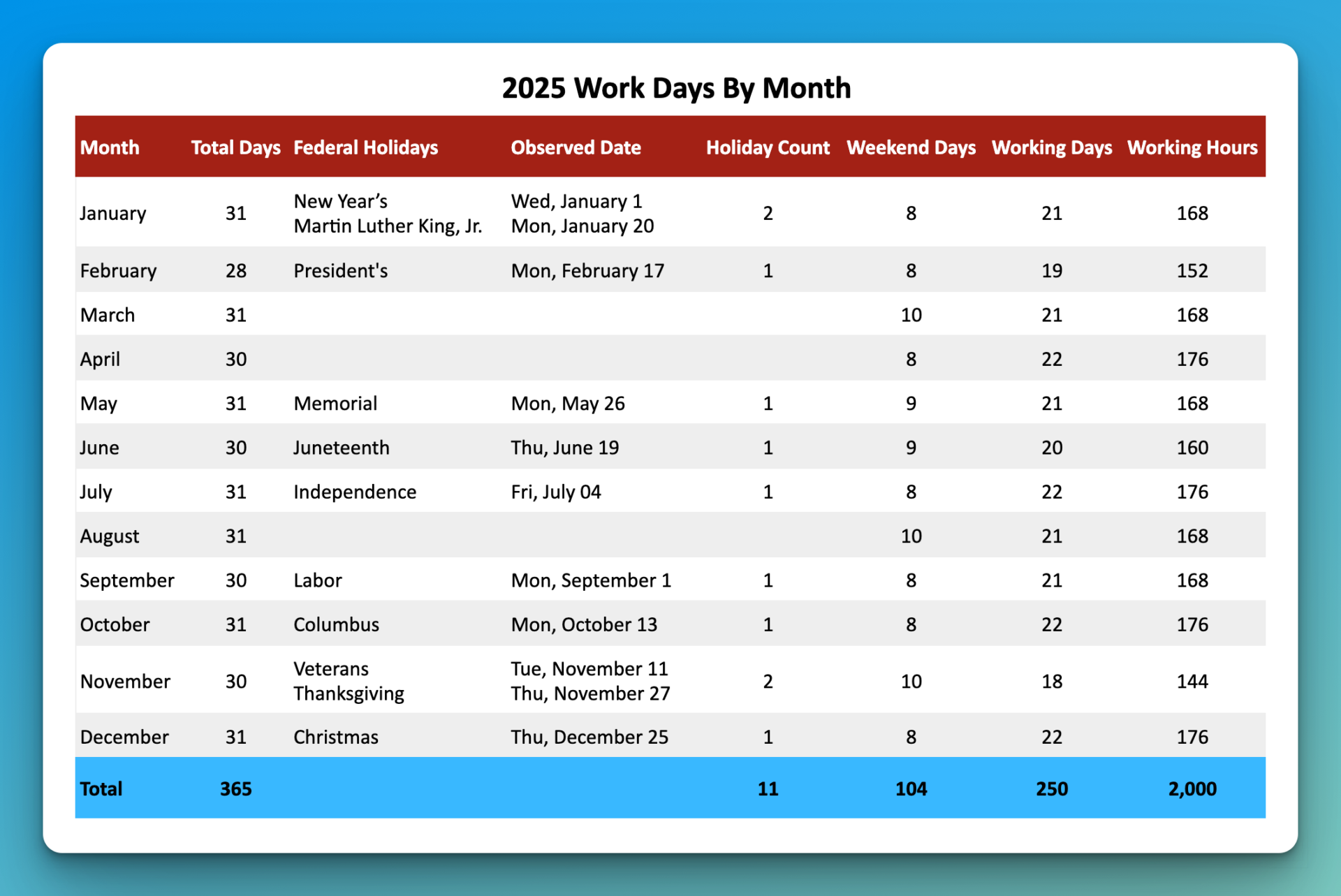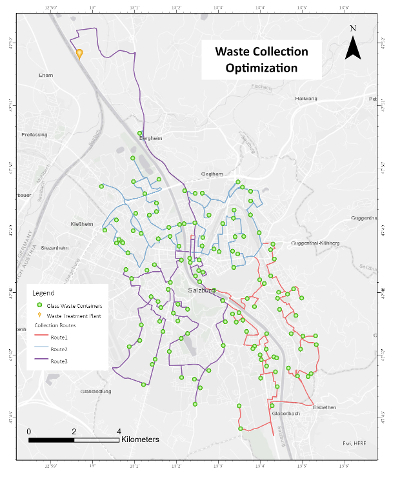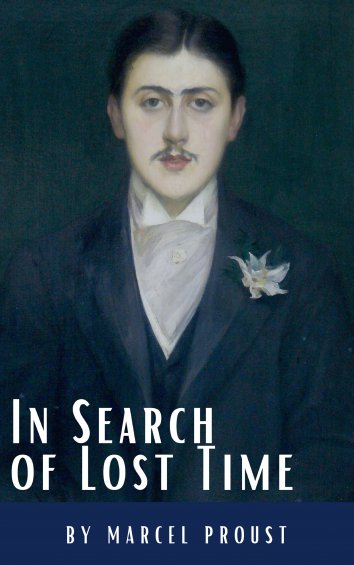Take Me To The Calendar: Navigating Time, Reminiscence, And The Human Expertise
Take Me to the Calendar: Navigating Time, Reminiscence, and the Human Expertise
Associated Articles: Take Me to the Calendar: Navigating Time, Reminiscence, and the Human Expertise
Introduction
With enthusiasm, let’s navigate via the intriguing subject associated to Take Me to the Calendar: Navigating Time, Reminiscence, and the Human Expertise. Let’s weave fascinating data and supply contemporary views to the readers.
Desk of Content material
Take Me to the Calendar: Navigating Time, Reminiscence, and the Human Expertise

The standard calendar. A grid of days, weeks, and months, seemingly easy and utilitarian. But, inside its seemingly easy construction lies a profound reflection of the human expertise – our relentless march via time, our makes an attempt to prepare and management it, and the indelible marks our reminiscences depart upon its floor. From historical lunar cycles etched in bone to the delicate digital interfaces of immediately, the calendar has advanced as a testomony to our enduring fascination with, and battle to grasp, the passage of time.
The earliest calendars weren’t about scheduling appointments or planning holidays. They have been primarily instruments for understanding and predicting the pure world. Historical civilizations noticed the cyclical patterns of the solar, moon, and stars, creating programs to trace the seasons, predict agricultural cycles, and perceive the rhythms of life and demise. The Babylonian calendar, relationship again to the third millennium BCE, is taken into account one of many earliest recognized, using a lunar calendar with intercalary months added to maintain it aligned with the photo voltaic 12 months. Equally, the Egyptian calendar, based mostly on the annual flooding of the Nile, performed an important position of their agricultural practices and non secular observances. These early calendars weren’t simply sensible instruments; they have been interwoven with mythology and spirituality, reflecting the deep connection between humanity and the cosmos.
The event of writing programs considerably impacted calendar improvement. The power to file dates and occasions allowed for a extra detailed and correct monitoring of time, resulting in the creation of extra refined calendar programs. The Roman calendar, initially a lunar calendar, advanced right into a photo voltaic calendar underneath Julius Caesar, introducing the Julian calendar, which remained the usual in Europe for hundreds of years. This calendar, whereas an enchancment, nonetheless had its inaccuracies, resulting in the eventual Gregorian reform within the sixteenth century. The Gregorian calendar, with its changes to leap years, is essentially the most broadly used calendar on the planet immediately, a testomony to its relative accuracy and international adoption.
However the calendar is greater than only a system for measuring time; it is a highly effective software for organizing and structuring our lives. We use it to schedule appointments, plan occasions, set deadlines, and handle our commitments. The visible illustration of time, segmented into manageable items, permits us to plan our future, anticipate occasions, and try for a way of management over the relentless movement of time. This sense of management is especially vital in trendy society, the place we’re bombarded with data and calls for on our time. The calendar supplies a framework for navigating this complexity, permitting us to prioritize duties, handle our workload, and preserve a semblance of order in our lives.
Nonetheless, the calendar’s inherent construction additionally highlights the constraints of our makes an attempt to manage time. The inflexible grid of days and weeks can really feel confining, forcing us to evolve to predetermined schedules and neglecting the fluidity and unpredictability of life. Sudden occasions, diseases, and private crises can disrupt our meticulously crafted plans, reminding us of the inherent uncertainties of existence. The calendar, whereas a software for group, may also turn into a supply of stress and anxiousness, significantly for individuals who battle to steadiness their commitments and handle their time successfully. The strain to be productive and environment friendly, typically fueled by the visible illustration of time on the calendar, can result in burnout and a way of overwhelm.
Past its sensible purposes, the calendar serves as a repository of reminiscences. Birthdays, anniversaries, holidays – these vital occasions are marked on the calendar, serving as reminders of private milestones and shared experiences. Trying again at a previous calendar can evoke a flood of reminiscences, transporting us again to particular moments in time and reconnecting us with family members, previous selves, and vital life occasions. The calendar turns into a visible narrative of our lives, a tangible illustration of our private historical past, and a strong software for reflection and memory. It’s a personalised timeline, charting not solely appointments but additionally the emotional panorama of our lives.
The digital age has revolutionized the calendar, remodeling it from a static paper-based software to a dynamic and interactive interface. Digital calendars supply unparalleled flexibility and performance, permitting for seamless integration with different purposes, reminders, and shared scheduling. They supply real-time updates, facilitate collaboration, and supply a personalised expertise tailor-made to particular person wants and preferences. Nonetheless, the transition to digital calendars has additionally raised considerations about data privateness and the potential for over-scheduling and fixed connectivity. The convenience with which we will schedule occasions can result in an over-commitment, blurring the strains between work and private life and contributing to a way of fixed strain.
The way forward for the calendar stays to be seen. As expertise continues to evolve, we will anticipate much more refined and customized calendar purposes. Synthetic intelligence might doubtlessly play a higher position in managing our schedules, anticipating our wants, and optimizing our time. Nonetheless, the elemental goal of the calendar – to assist us navigate the passage of time and manage our lives – will probably stay unchanged. It can proceed to function a strong software for planning, reflecting, and remembering, reminding us of the fragile steadiness between management and give up within the face of the ever-flowing river of time.
In conclusion, "Take me to the calendar" is greater than only a easy request; it is a reflection of our deep-seated human want to know, manage, and make sense of time. The calendar, in its numerous kinds, has served as a significant software all through historical past, evolving alongside our understanding of the universe and our personal place inside it. It’s a testomony to our enduring quest for order and management in a world characterised by fixed change and uncertainty. It’s a private narrative, a shared expertise, and a strong image of the human journey via time. And as we proceed to navigate the complexities of contemporary life, the calendar, in its ever-evolving type, will stay an indispensable companion on our journey.








Closure
Thus, we hope this text has supplied useful insights into Take Me to the Calendar: Navigating Time, Reminiscence, and the Human Expertise. We thanks for taking the time to learn this text. See you in our subsequent article!
Leave a Reply